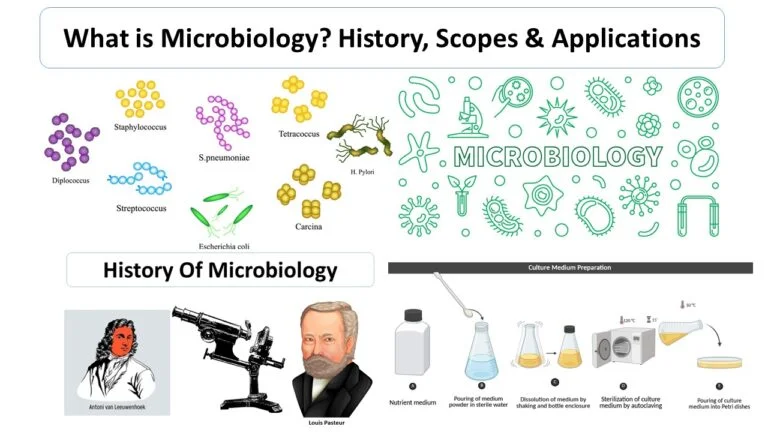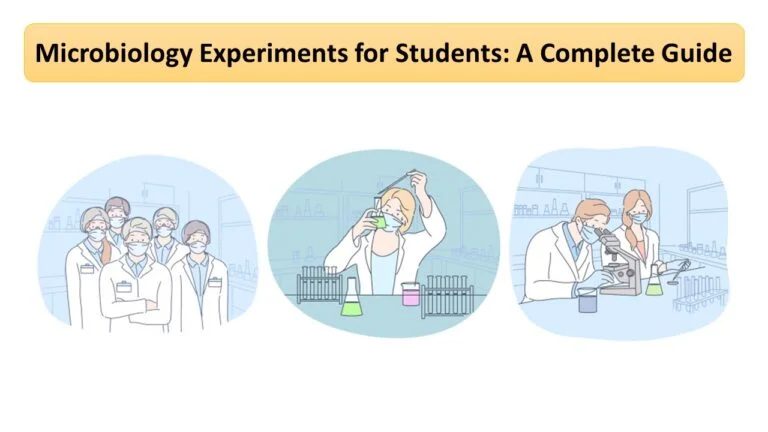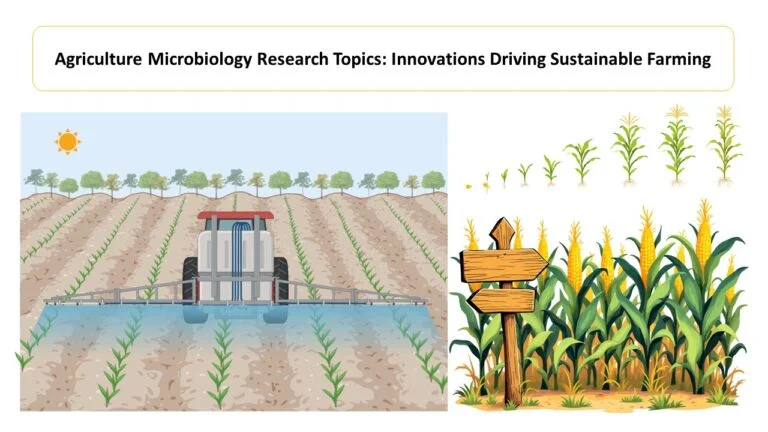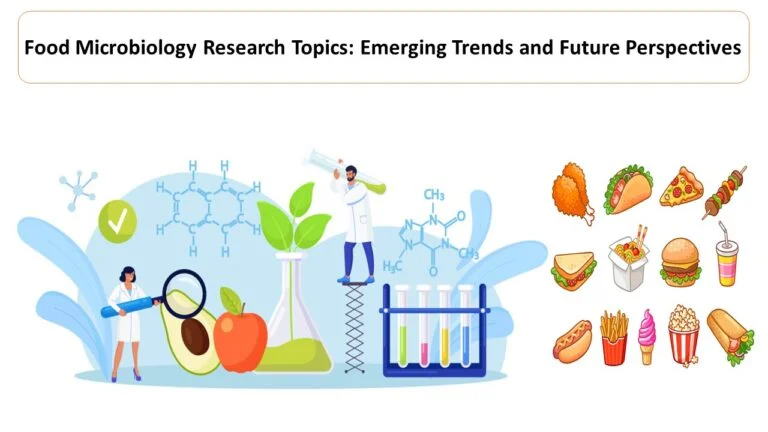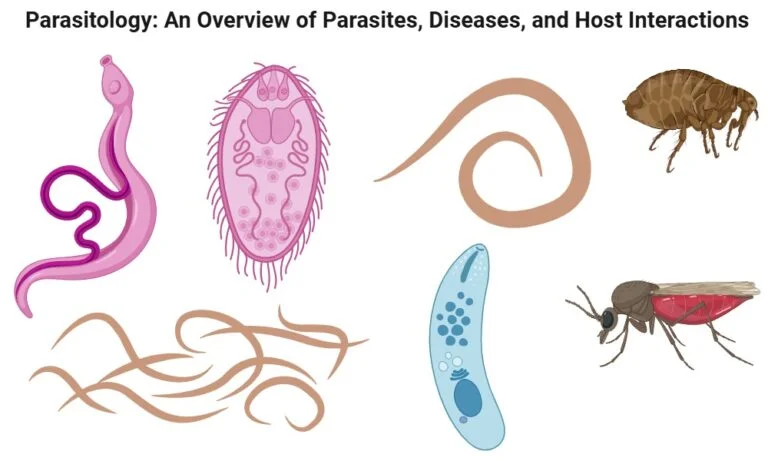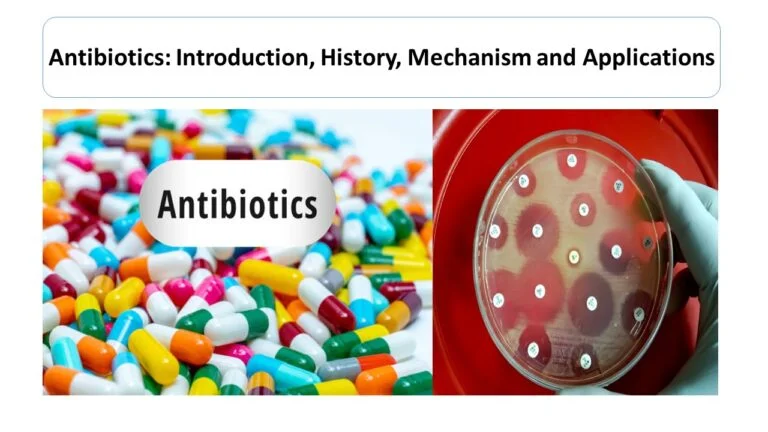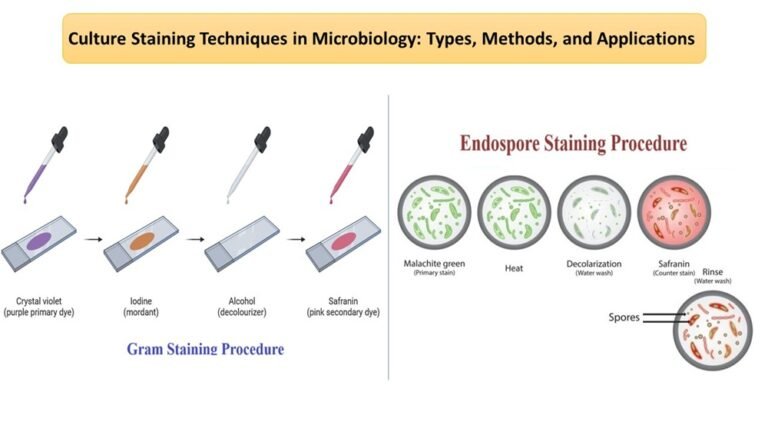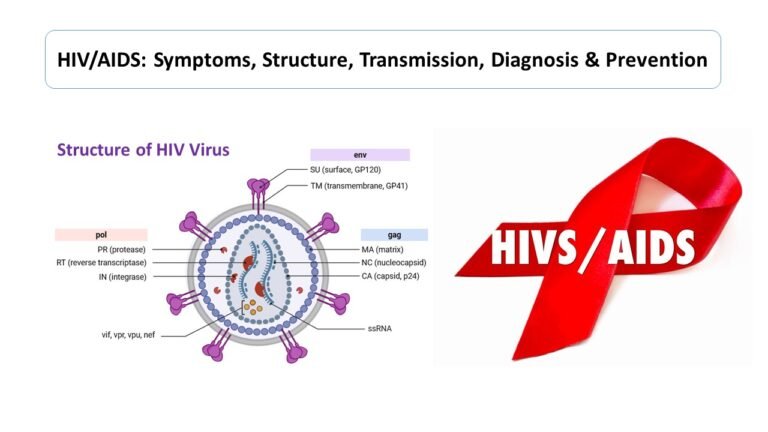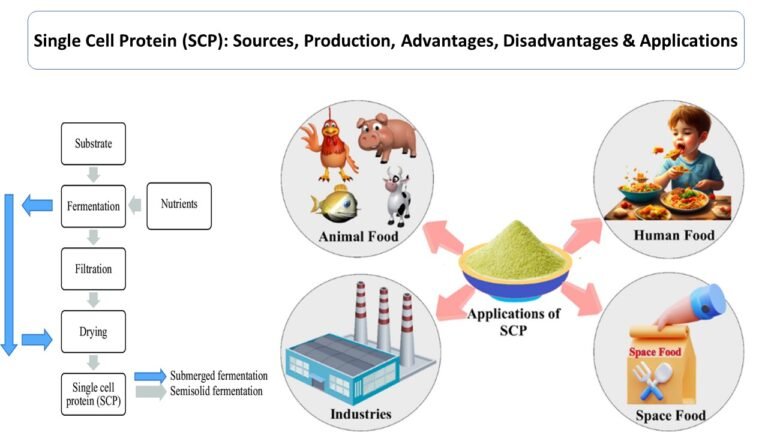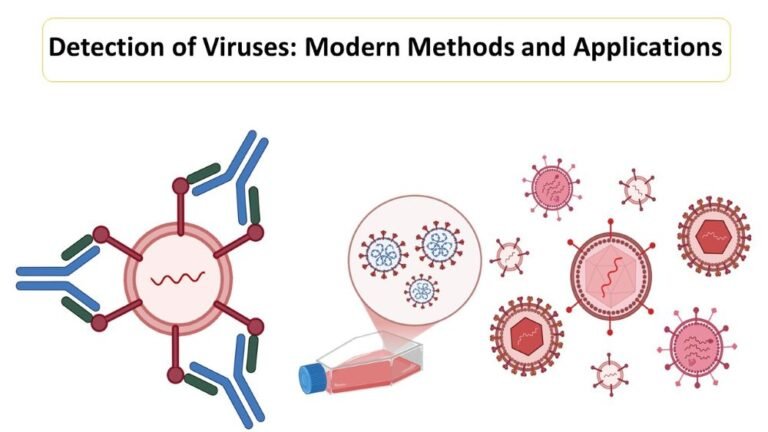What is Microbiology? History, Scopes & Applications
Microbiology is a branch of science that focuses on the study of microorganisms, including bacteria, viruses, fungi, and protozoa. The history of microbiology traces back to the discoveries of pioneers such as Antonie van Leeuwenhoek and Louis Pasteur, who laid the groundwork for understanding microbial life. The scope of microbiology encompasses various fields, including medicine, […]

